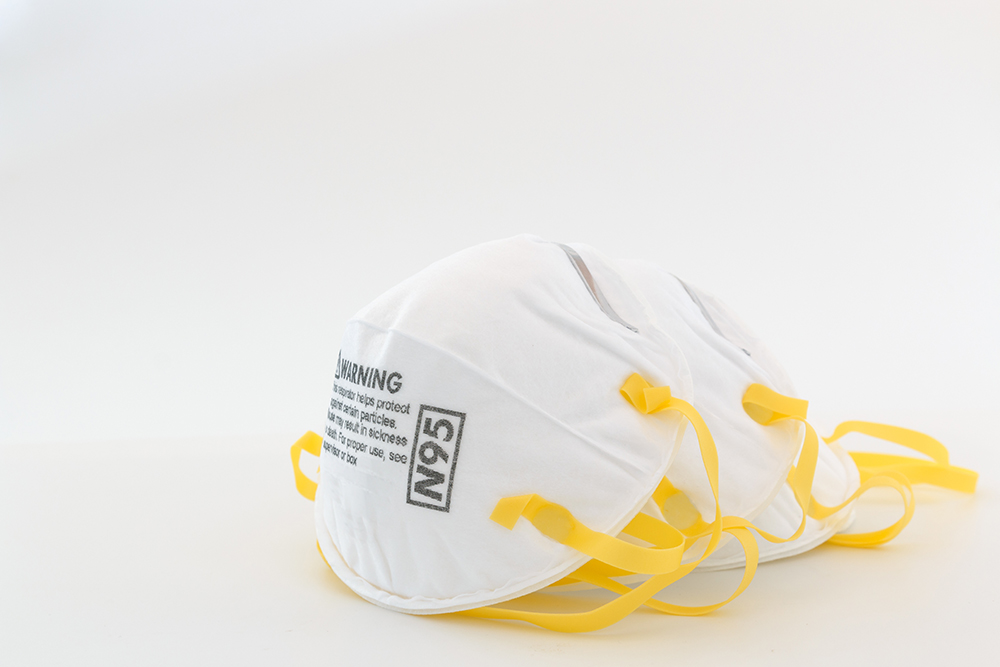
Health Canada warns against ‘fraudulent and unauthorized’ N95 masks
April 15, 2020
By
The Canadian Press
UPDATED: Verify product supply chain before purchase, lawyer urges

Health Canada is warning Canadians about the risks of buying fraudulent N95 masks. (chaphot/Adobe Stock)
OTTAWA — Health Canada is warning Canadians about the risks of using fraudulent and unauthorized N95 masks that may not offer protection against COVID-19.
The organization said it has received reports that uncertified N95 respirator masks are being illegally sold online and in some stores.
In a news release Tuesday, Health Canada said “fraudulent or unauthorized N95 masks may not meet the same performance measures required by NIOSH (the National Institute for Occupational Safety and Health),” and may not properly protect consumers from COVID-19.
Certification can be confirmed by entering the item’s approval number into the NIOSH database.
Health Canada also said the product package should have “appropriate markings and details, as required by NIOSH,” including the TC (testing and certification) approval number, the name of the manufacturer, the NIOSH name or logo, the model number, and filter efficiency (N95).
Spotting counterfeits
Counterfeit producers shift quickly to begin producing goods that suddenly come into high demand, according to Lorne Lipkus, founding partner with Kestenberg Siegal Lipkus in Toronto.
“This is the type of situation that counterfeiters thrive on,” he said. “We are dealing with criminals who are trying to fool the unsuspecting consumer and businessperson into buying something they think came from the authorized source and made in accordance with proper specifications.”
Easy “tells” are spelling or grammatical errors, improper packaging, and lack of common information or copyright notices, said Lipkus.
“If it’s too good to be true, your antennas should be up, because it may very well not be true.”
A thorough investigation verifying the supply chain is advised before purchasing, he said. “Know who you’re dealing with.”
For example, if a company is advertising N95 masks from 3M, then 3M should be able to verify if that company is a credible supplier, said Lipkus.
NIOSH-certified N95 respirators are designed to secure a close facial fit when worn properly.
The N95 designation means the respirator blocks at least 95 per cent of very small test particles, such as pathogens.
Health Canada said it is illegal to sell or advertise health products “that make false or misleading claims.”
“The Department takes this issue seriously and will use all available tools to stop these activities,” the release said. “Health Canada monitors websites and takes action when false claims and/or unauthorized products are identified, and is working with online retailers to ensure that these products are removed from their websites.”
With files by Marcel Vander Wier, editor of OHS Canada